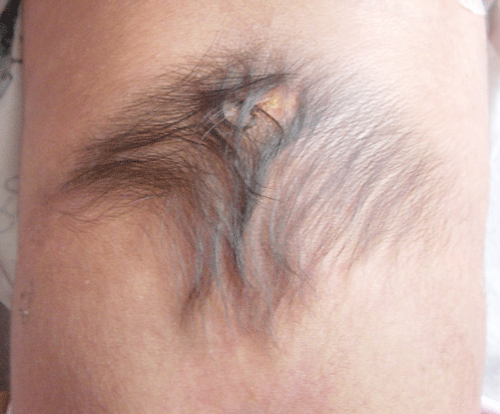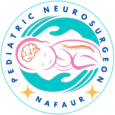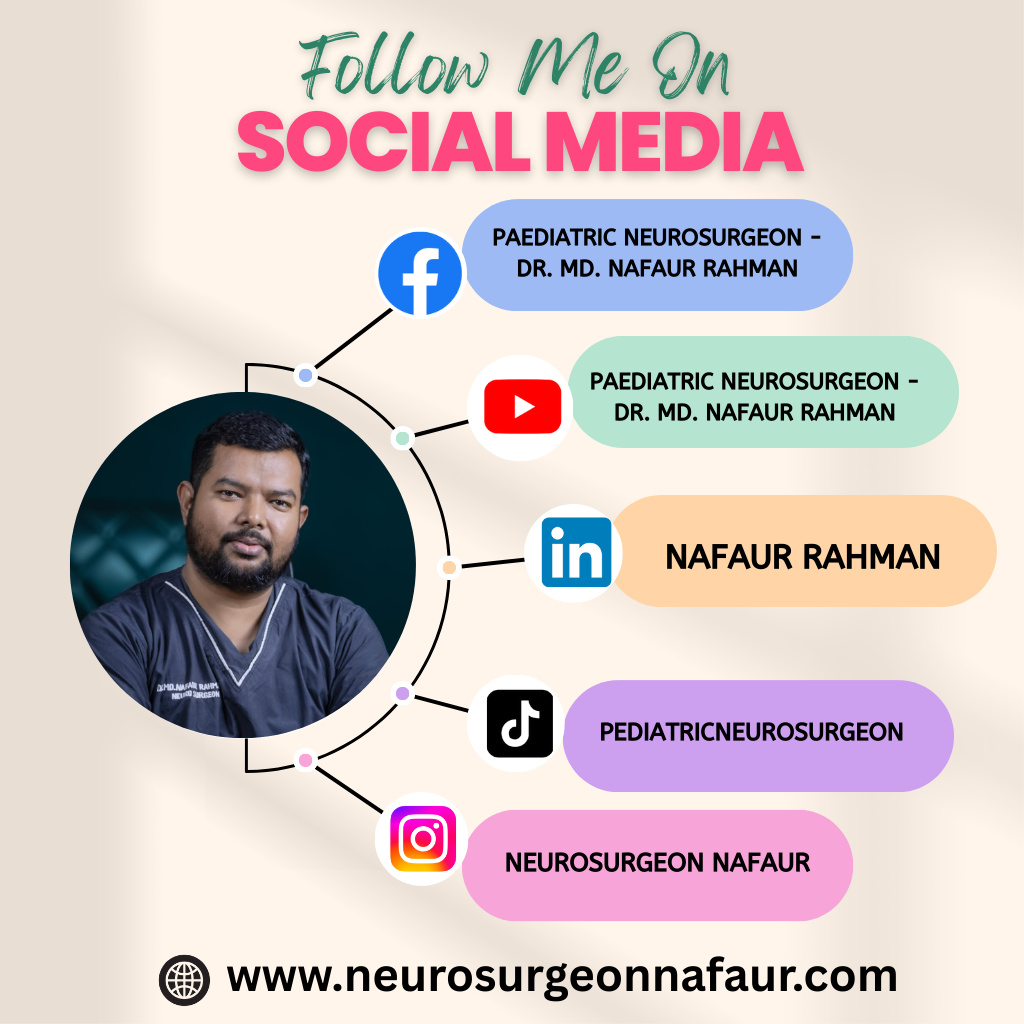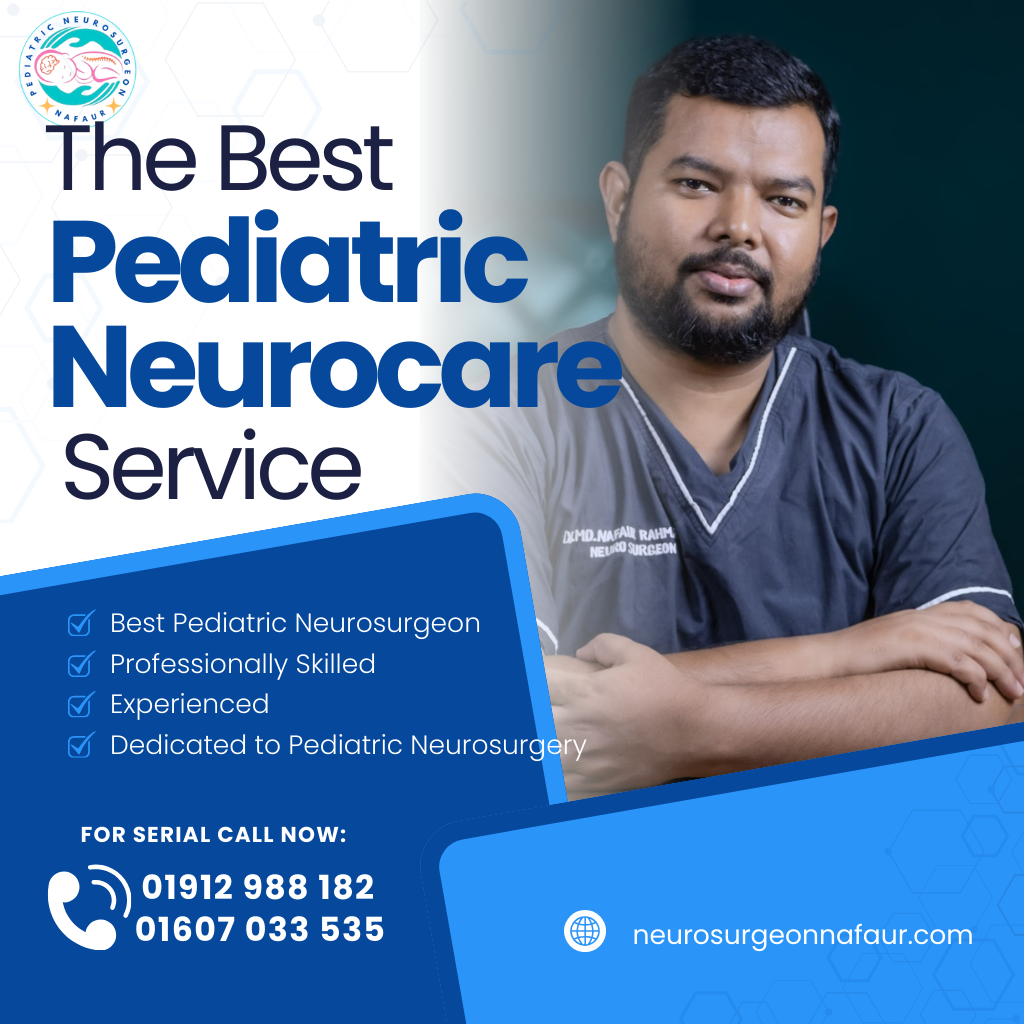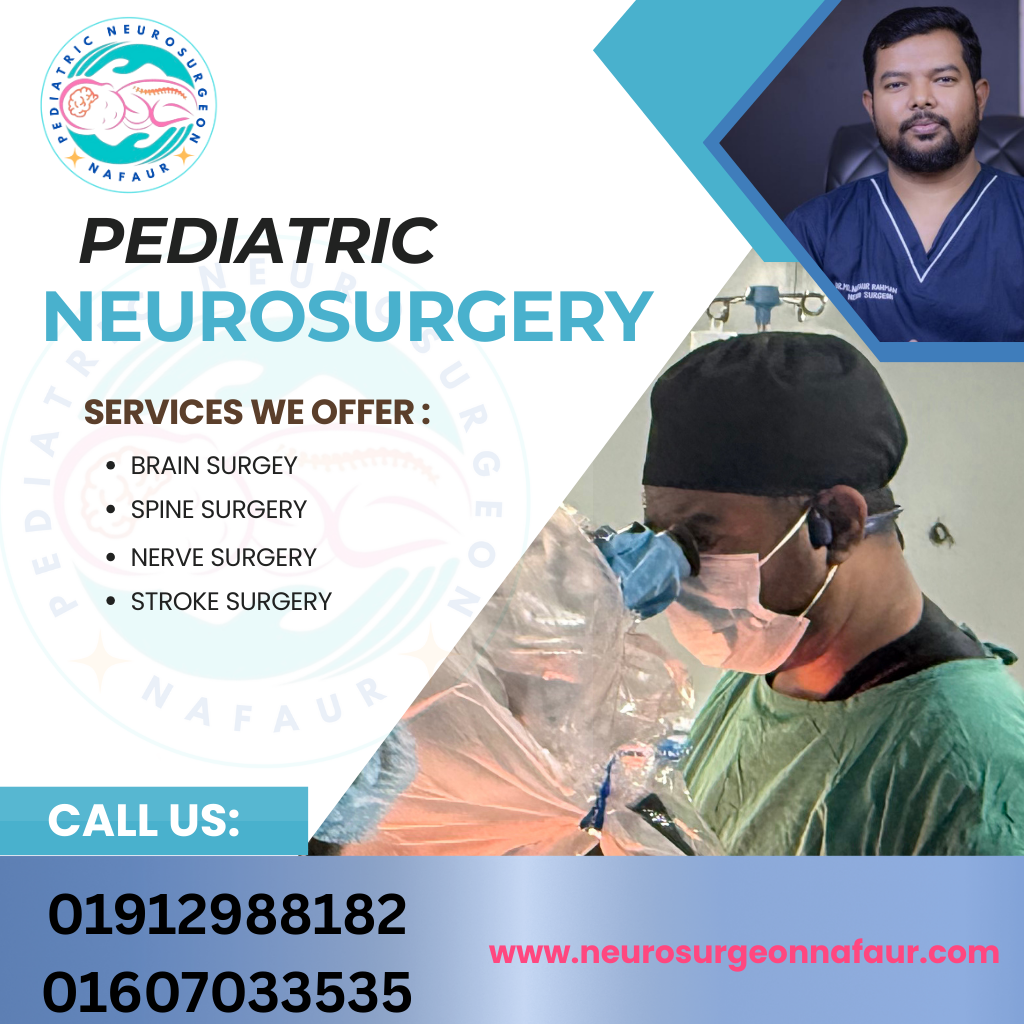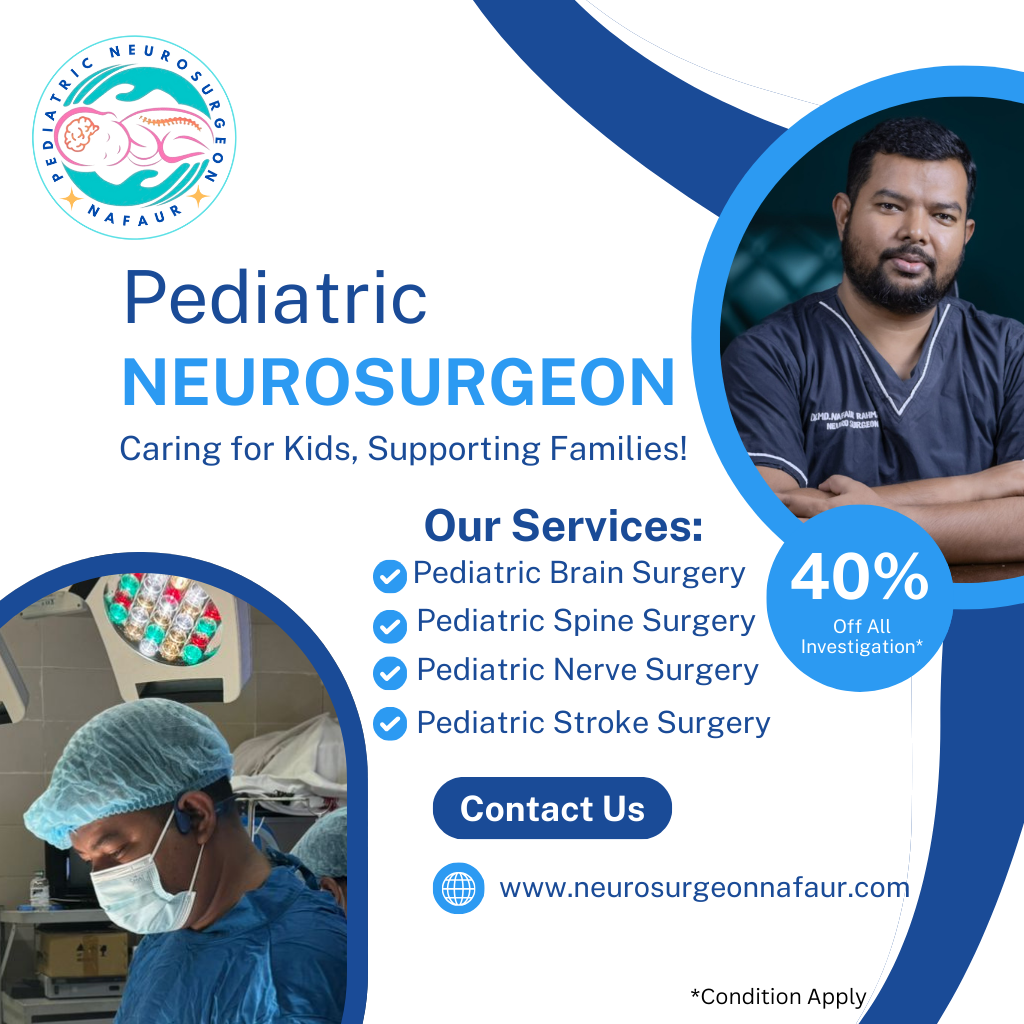Tethered Cord Syndrome
Tethered Cord Syndrome
Tethered Cord Syndrome (TCS) is a neurological disorder caused by abnormal attachment of the spinal cord to surrounding tissues, preventing it from moving freely within the spinal canal. As a child grows, the spinal cord becomes increasingly stretched, leading to progressive neurological deterioration, pain, and orthopedic or urological complications. TCS is often associated with spinal dysraphism, such as lipomyelomeningocele, dermal sinus tract, split cord malformations, thickened filum terminale, or following myelomeningocele repair. Early diagnosis and timely surgical release of the tethered cord can prevent permanent nerve damage. 🌍 Tethered Cord Syndrome in Bangladesh: Rising but Underdiagnosed In Bangladesh, TCS remains underdiagnosed due to lack of awareness, limited access to spinal MRI, and mistaken attribution of symptoms to cerebral palsy or other non-progressive causes. Many children go undiagnosed until they develop significant disability, such as foot deformities, gait abnormalities, or urinary incontinence. Through centers like the National Institute of Neurosciences & Hospital (NINS) and the Bangladesh Paediatric Neurocare Centre, Dr. Md. Nafaur Rahman is improving outcomes by providing early diagnosis, microsurgical detethering, and long-term follow-up for children with this complex condition. ⚠️ Causes and Associated Conditions TCS can be congenital (present from birth) or acquired. Common causes include: 1.Lipomyelomeningocele 2.Thickened or fatty filum terminale 3.Spina bifida occulta 4.Split cord malformation (diastematomyelia) 5.Dermal sinus tract 6.Post-surgical scarring after myelomeningocele repair 7.Tight filum terminale syndrome 🧒 Signs and Symptoms in Children Progressive weakness in the legs Foot deformities (e.g., clubfoot, high-arched foot) Abnormal gait or walking difficulties Back pain or stiffness Loss of bladder and bowel control Scoliosis or spinal curvature Deterioration of motor milestones Hairy patch, dimple, skin tag, or lipoma over the lower back These symptoms often worsen with growth, especially during growth spurts. 🔍 Diagnosis of Tethered Cord Syndrome 🧠 MRI of Lumbosacral Spine Primary diagnostic tool Shows low-lying conus medullaris, thickened filum terminale, spinal cord stretching, or associated anomalies 🧠 MRI Brain (if needed) To rule out hydrocephalus or Chiari malformation 🔬 Urodynamic Study To assess bladder dysfunction 🧪 Neurological Assessment Baseline and postoperative monitoring of motor and sensory deficits 🛠️ Treatment: Surgical Detethering Surgical untethering (detethering) of the spinal cord is the gold standard treatment. Surgery is best performed before irreversible nerve damage occurs. ✂️ Surgical Goals: I)Release the tethered spinal cord II)Preserve existing neurological function III)Prevent progression of symptoms IV)Minimize chances of re-tethering 🔍 Microsurgical Techniques: Minimally invasive approaches with high magnification to avoid nerve damage Performed under intraoperative neuro-monitoring when available ♿ Long-Term Follow-up and Outcomes Early surgery leads to better outcomes with stabilization or improvement of symptoms Neurological deficits may be reversible if surgery is done before permanent damage Regular urological, orthopedic, and neurological evaluations are essential Risk of retethering exists; periodic monitoring is needed through clinical exams and imaging 👨⚕️ Why Choose Dr. Md. Nafaur Rahman? One of Bangladesh’s most experienced pediatric neurosurgeons in tethered cord and spinal dysraphism Performs microsurgical detethering with precision and safety Treats both simple and complex cases, including previously operated patients Offers multidisciplinary care at Bangladesh Paediatric Neurocare Centre, including: Neurosurgical expertise Urological support Orthopedic coordination Physiotherapy and developmental therapy 📞 Contact for Early Evaluation and Surgery Dr. Md. Nafaur Rahman Assistant Professor, Department of Pediatric Neurosurgery, NINS Chief Consultant, Bangladesh Paediatric Neurocare Centre 📞 For Appointment or Referral: 01912988182 | 01607033535 🌐 Website: www.neurosurgeonnafaur.com
